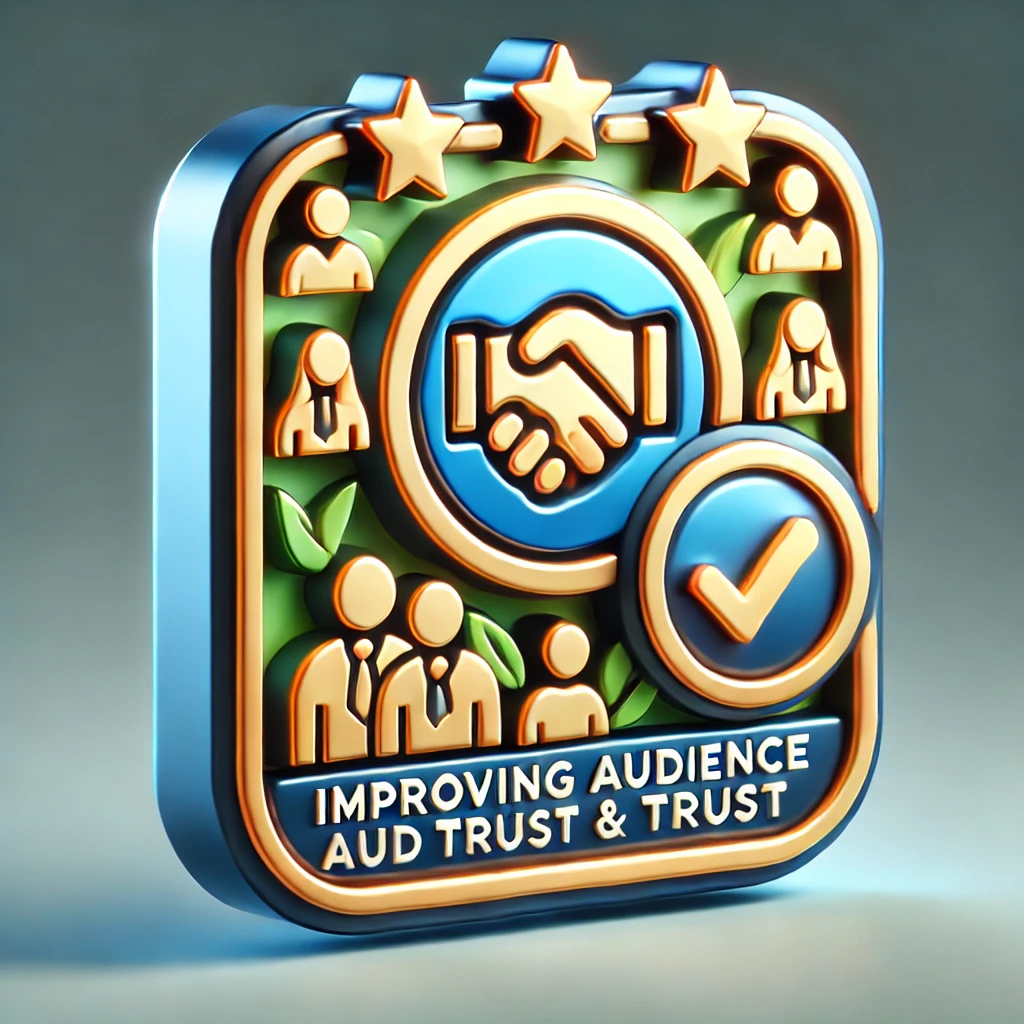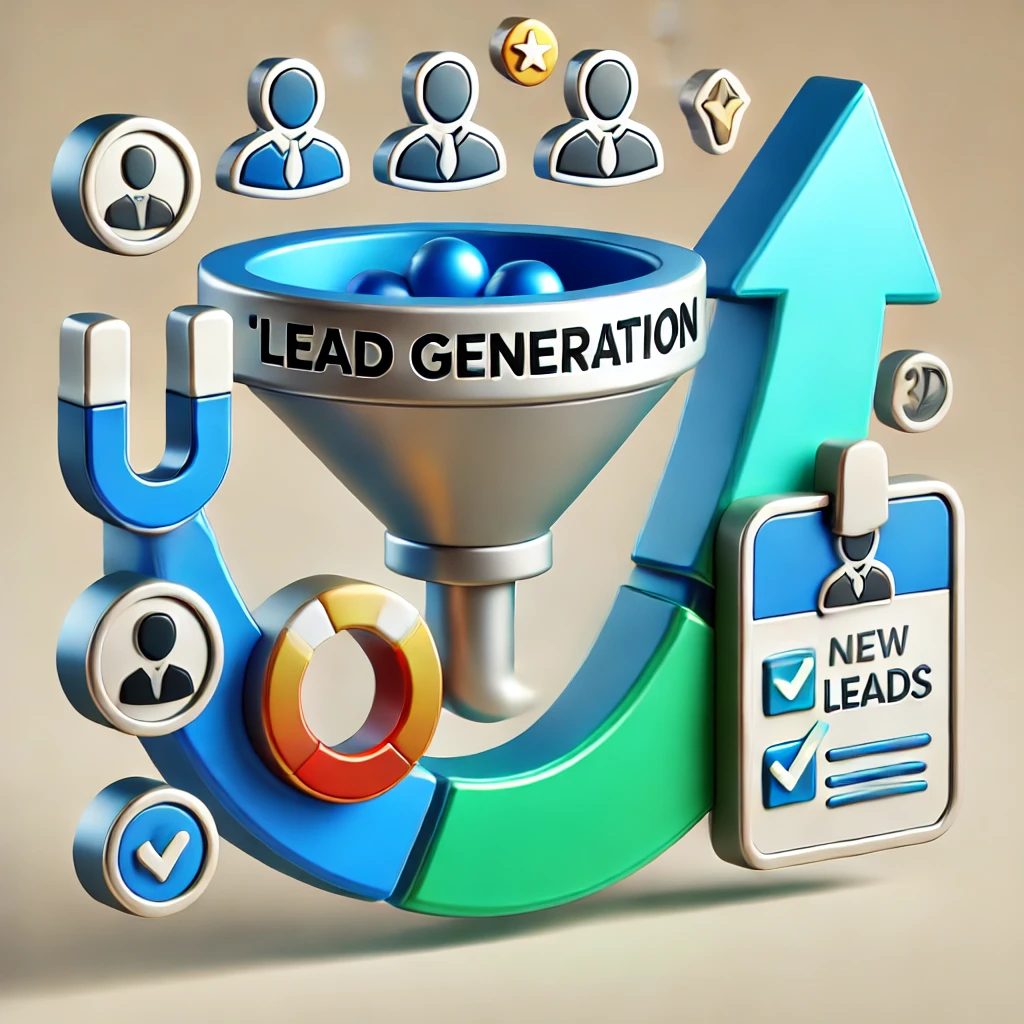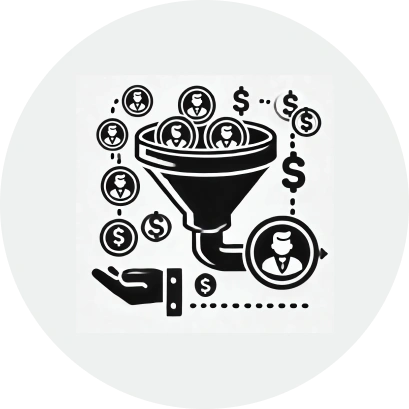The Ultimate Guide to Content Marketing: Strategies, Benefits, and Trends for 2025 In the dynamic world of digital marketing, content marketing has become a cornerstone of success for businesses seeking to build trust, attract audiences, and drive conversions. With search engines continually updating their algorithms and consumer behavior evolving rapidly, staying ahead with effective content marketing strategies is crucial. This guide provides a comprehensive overview of content marketing, including core strategies, benefits, trends, and best practices to help your business excel in 2025 and beyond.
What is Content Marketing?
Content marketing is a strategic approach focused on creating, distributing, and optimizing valuable, relevant, and consistent content to attract and retain a clearly defined audience. Unlike traditional advertising, which directly promotes products or services, content marketing emphasizes educating, entertaining, and engaging potential customers. This approach helps to build long-term relationships and brand loyalty. Examples of content marketing include blog posts, videos, podcasts, case studies, infographics, eBooks, and social media updates.
Why is Content Marketing Important?
Content marketing provides a range of benefits, from increasing brand visibility to improving audience engagement. Businesses that invest in high-quality content often experience:

1. Higher search engine
rankings
SEO-optimized content helps your website appear on the first page of search results, increasing organic traffic.

2. Improved audience trust and loyalty
Valuable content positions your brand as an authority, encouraging repeat visits and word-of-mouth recommendations.

3. Higher conversion
rates
Content tailored to each stage of the buyer’s journey nurtures leads and ultimately drives more sales.
According to industry reports, 70% of marketers are actively investing in content marketing, and over 60% say their content marketing efforts yield measurable success.
Key Elements of Content Marketing
Successful content marketing requires a combination of strategy, creativity, and data analysis. Here are the core elements that drive effective campaigns:
Developing high-quality content is at the heart of content marketing. This involves creating various formats to appeal to different audience preferences, such as:
.webp)

Creating great content is only half the battle; distributing it to the right audience is equally important. Common distribution channels include:
SEO (Search Engine Optimization) ensures your content ranks higher in search results. Key SEO practices include:

Measuring the performance of your content marketing efforts is essential for ongoing improvement. Key metrics to track include:
By analyzing these metrics, businesses can refine their strategies and focus on content that drives the best results.
Top Benefits of Content Marketing
Content marketing offers numerous advantages for businesses across industries. Below are the key benefits that make content marketing a crucial part of any digital strategy:

1. Increased Organic Traffic
SEO-driven content attracts visitors through organic search. High-ranking content can generate thousands of monthly visitors without the need for paid advertising, reducing customer acquisition costs.

2. Higher Brand Authority
Publishing informative, insightful content positions your brand as an industry expert. Over time, this builds trust and credibility, encouraging your audience to turn to you for solutions.

3. Lead Generation and Nurturing
Content marketing supports every stage of the buyer’s journey, from awareness to decision-making. Providing valuable content such as guides, whitepapers, or webinars helps capture leads and nurture them into customers.

4. Improved Customer Loyalty
Consistent, high-quality content keeps your audience engaged and encourages repeat visits. This helps build long-term relationships and increases customer lifetime value.

5. Cost-Effective Marketing
Compared to traditional advertising, content marketing offers a high ROI. Content can continue generating traffic, leads, and conversions long after it is published.
Trends Shaping Content Marketing in 2025
As technology and consumer preferences evolve, content marketing strategies must adapt. Here are the key trends expected to shape content marketing in 2025:
1. AI-Generated Content
Artificial intelligence (AI) tools can generate content quickly, allowing marketers to scale their efforts. While AI cannot replace human creativity, it can assist with:
- Content ideas and outlines
- Automated writing for basic topics
- SEO optimization suggestions
Businesses that leverage AI effectively can produce more content without compromising quality.
2. Interactive Content
Consumers crave engagement. Interactive content such as polls, quizzes, calculators, and surveys keeps users on your site longer and increases social shares.
3. Personalized Content Experiences
Tailoring content to individual users based on their behavior, preferences, and demographics enhances engagement. Personalized content can include:
- Dynamic website content
- Targeted email campaigns
- Product recommendations
4. Video and Visual Content Dominance
Short-form video platforms like TikTok, Instagram Reels, and YouTube Shorts are driving the demand for quick, visually engaging content. Brands should focus on producing:
- Explainer videos
- Behind-the-scenes content
- User-generated content (UGC)
5. Voice Search Optimization
With the rise of smart speakers and voice assistants, optimizing content for voice search is becoming essential. Voice search queries tend to be longer and conversational, so content should address common questions naturally.
6. Sustainability and Ethical Content
Consumers are increasingly concerned about sustainability and corporate responsibility. Content that highlights your brand’s ethical practices, sustainability initiatives, and community involvement can strengthen brand loyalty.
Developing a Winning Content Marketing Strategy
To succeed with content marketing, it’s essential to create a well-defined strategy that aligns with your business goals. Follow these steps to develop a winning content marketing plan:
-
Define Your Objectives Determine what you want to achieve through content
marketing. Common goals include:
- Increasing website traffic
- Generating leads
- Boosting brand awareness
- Driving conversions and sales
- Identify Your Target Audience Understanding your audience’s needs, preferences, and pain points is crucial. Use buyer personas to guide your content creation efforts.
- Conduct Keyword Research Identify relevant keywords and topics that your target audience is searching for. Tools like Google Keyword Planner, Ahrefs, and SEMrush can help uncover high-impact keywords.
- Create a Content Calendar Plan your content in advance with a content calendar. This helps maintain consistency and ensures that your content aligns with seasonal trends, promotions, and events.
- Produce High-Quality Content Focus on creating content that is informative, engaging, and actionable. Invest in professional writers, designers, and videographers if needed.
- Optimize for SEO Incorporate on-page SEO best practices, including keyword placement, meta descriptions, internal linking, and image optimization. Ensure your website is mobile-friendly and fast-loading.
- Promote Your Content Use multiple distribution channels to maximize your content’s reach. Share content across social media, email, and third-party platforms.
- Measure and Analyze Performance Regularly review your content’s performance using analytics tools. Identify which content types and topics generate the best results and adjust your strategy accordingly.
Content Marketing : FAQs
Content marketing involves creating valuable, informative, and engaging content to attract and retain your audience while driving profitable actions.
We create blogs, articles, infographics, videos, eBooks, whitepapers, and more, tailored to your audience’s needs.
High-quality content boosts your brand authority, improves SEO rankings, drives organic traffic, and builds lasting customer relationships.
We conduct audience research to understand their pain points, preferences, and interests to deliver content that resonates.
Yes, consistent, optimized content with the right keywords significantly improves your visibility on search engines.
We track metrics like website traffic, engagement rates, lead generation, and conversions to measure content performance.
Absolutely. Our team tailors content strategies to suit your industry, whether it’s e-commerce, healthcare, tech, or any other sector.










